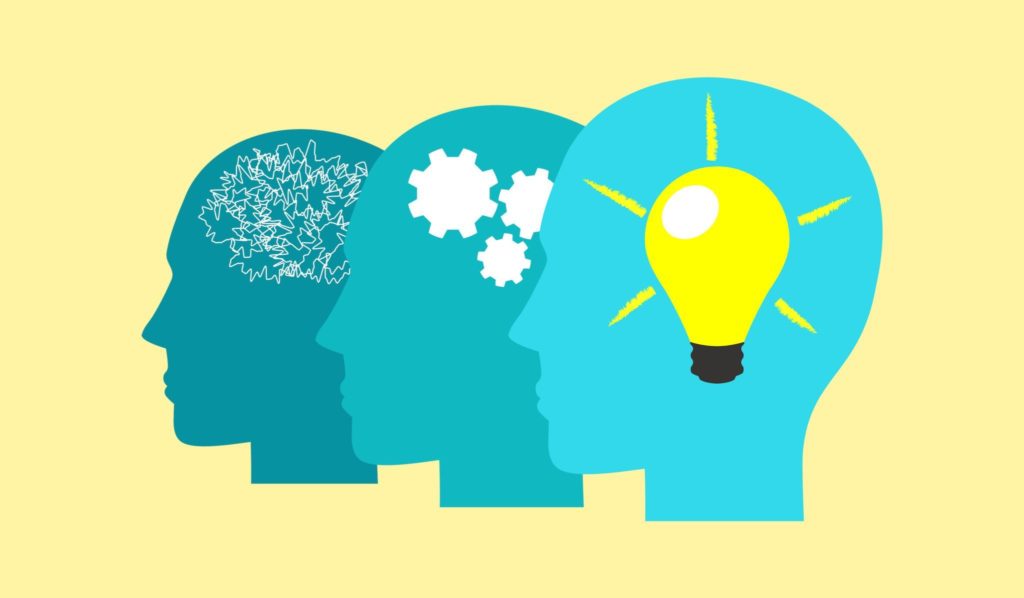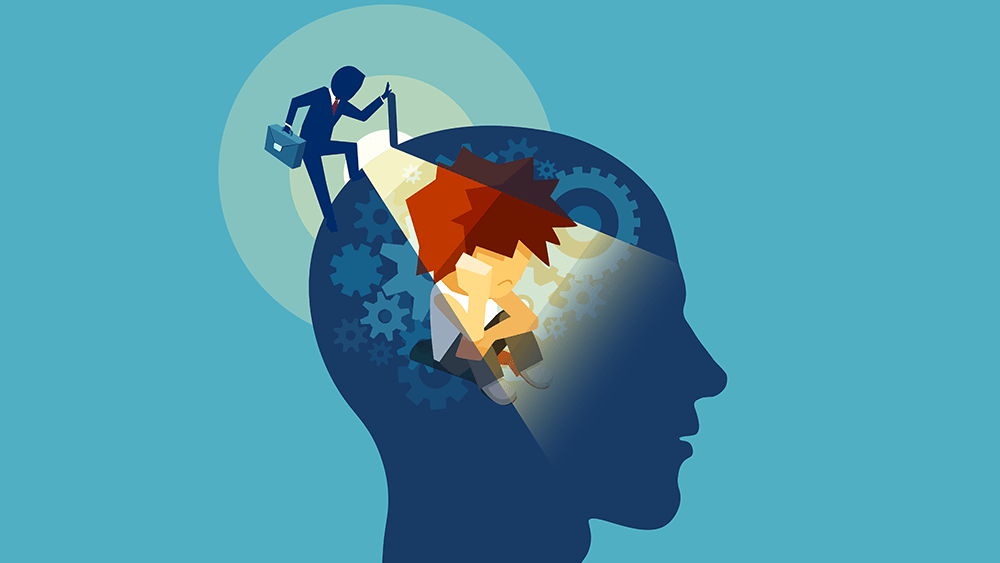Psychology is often associated with science and its complexities. But there is much more to it than its complicated definition. We’ll try to make it easier for you to understand Psychology and appreciate it.
BRIEF HISTORY
The concept of psychology goes way back to the Ancient Greek. For many years, it was considered only as a branch of philosophy but due to some scientist’s works, they were able to have a breakthrough with Psychology. During the mid-nineteenth century, German scientists were able to use scientific methods to measure the sensation and perception of a person. In the 1980’s a German name, Wilhelm Wundt, was the first one to establish a formal laboratory that focuses on Psychology in the University of Leipzig in Germany. In his laboratory, numerous experiments were held which focuses on observing people’s reaction. The most famous of which is the reaction time where a person or subject is isolated in an enclosed room where different stimulus where introduced by the researchers. Because of these discoveries, Wundt was the first person to be referred to as a “Psychologist”. From then on, Psychology became a subject for the mind of curious scientist. Since then, it has developed and evolved to what it is today.
WHAT IS PSYCHOLOGY?
American Psychological Association defined psychology as “the study of mind and behavior. A discipline that embraces all aspects of human experience – from the functions of the brain to the actions of nation, from child development to care for the aged.” It does not only focus on the complexities of the mind but also about how a person think, feel, behave and reacts to a situation. Also, intelligence, memory, perception, cognition, attention, motivation and even biological process were able to stimulate these human behaviors.
We often find ourselves in different situations and we usually react differently to it. Psychology helps understand how and why you react to that situation. Aside from that, it also studies and observes the developments in a person all throughout their life. For example, we should expect a normal 1 year old to be able to walk and stand without support or an elderly man who is at the later part of his life to be more emotional than before.
BENEFITS OF PSYCHOLOGY

BUILDS RELATIONSHIPS. Psychology helps us understand ourselves and even other people better. This leads to a stronger relationship with them. It also lessens possible conflicts.
HELPS FIND LOVE. Some studies proved that Psychology may actually be a factor in romantic compatibility. Knowing what type of lover your partner is will help in maintaining a healthy relationship. Also, your personality is a factor in attracting people that you will have a relationship with.
MAKE BETTER DECISIONS. Psychology has a great contribution in decision making. It guides people into making the best decision. There are certain strategies that were found to be helpful in guiding and leading people to the right decisions. They take into consideration other factors that people tend to neglect when deciding.
IMPROVES MEMORY. Psychology increases a person’s memory. Just by focusing on the information given to you, rehearsing it on your head multiple times increases the capacity of your brain to store information. Make sure to lessen the distraction when practicing making it easier to memorize.
PERSONAL THERAPY. Psychology is greatly helpful in making yourself feel loved. It makes you understand what you are experiencing and also gives you ways on how to properly adapt to these experiences. Psychology makes it possible to turn your negative feelings and thoughts to a positive outcome.
BEHAVIORAL TRAINING. Psychology makes it possible for you to train your dog or even discipline your child or yourself. You may not believe it, but you are already applying psychology whenever you are giving discipline to your child.
MAKES YOU HEALTHY. Aside from our physical health, mental health has a great factor in our over-all health status. Psychology encourages you to eat properly when you are on a diet and to exercise when your goal is to have a healthy and fit body.
MOTIVATES YOU. Psychology makes it possible to motivate yourself. A simple novel that is interesting for you can keep your spirits in high levels. Learning new things not only adds up to your knowledge but also keeps you interested.
BETTER PARENTING. Psychology helps parents understand the developmental stages of their child and how to handle them properly. They are able to discipline their children appropriately and according to how their children may understand it.
UNDERSTANDING PSYCHOLOGY

BEHAVIOR
- Psychology studies the connection between our minds and our behavior. It often wonders why we behave the way we do and if there are certain patterns that can be seen.
MIND
- Psychology wants to know what through someone’s mind to do certain things. It deals with the memory, perception and attention of a person.
BIOLOGICAL
- Psychology may also be affected by the genes that we inherited from our relatives or parents. They see how heredity affect a person’s function.
HUMANISTIC
- Psychology is also curious about a person’s personal experience. It shows that a person’s behavior is somewhat connected to their inner feelings and on how they view themselves as a person.
SOCIOCULTURAL
- In a diverse country, there are many different cultures that affects how a person acts in a place. This shows that the mind and culture are inseparable and how one affects the other.
Reference:
https://science.jrank.org/pages/5562/Psychology-brief-history.html
https://www.verywellmind.com/a-brief-history-of-psychology-through-the-years-2795245
https://www.apa.org/pi/aging/resources/guides/psychology-and-aging
